Amazon Sued for Secretly Excluding Ward 7 + 8 From Prime Membership Delivery Benefits
Amazon Is Charging 48,000 Prime Members East of the Anacostia River the Full Prime Subscription Price While Failing to Disclose That They’ve Been Excluded From Its Advertised Fastest Delivery Service
WASHINGTON, DC – Attorney General Brian L. Schwalb today sued Amazon.com, Inc. (Amazon) for deceiving District residents into paying for Prime delivery benefits they are not receiving, in violation of District consumer protection law. The Office of the Attorney General (OAG) alleges that since 2022, Amazon has secretly excluded two ZIP codes east of the Anacostia River from its advertised fastest delivery service while continuing to charge approximately 48,000 Prime members living there the full Prime subscription price.
Amazon consistently and prominently promotes its same-day, one-day, and two-day delivery speeds in its advertising for Prime and throughout the Prime membership signup process. However, in June 2022, Amazon made a secret internal decision to stop using its fleet of branded trucks to make Prime deliveries—what it calls a delivery “exclusion”—to DC ZIP codes 20019 and 20020, choosing instead to service these ZIP codes exclusively with third-party delivery services like UPS and the US Postal Service, which it knows are often slower than Amazon’s. Amazon knew its “exclusion” would result in significantly slower deliveries for residents living in these two ZIP codes yet it never informed existing or prospective Prime members living there of that exclusion. When consumers complained of slow delivery, Amazon concealed the exclusion and misled the consumers to believe it was a coincidence. While companies are legally permitted to make operational changes to protect their employees, they are required to inform customers of any resulting adverse impacts those changes will have on the quality of service so that consumers can make informed purchasing decisions.
“Amazon is charging tens of thousands of hard-working Ward 7 and 8 residents for an expedited delivery service it promises but does not provide. While Amazon has every right to make operational changes, it cannot covertly decide that a dollar in one ZIP code is worth less than a dollar in another,” said Attorney General Schwalb. “We’re suing to stop this deceptive conduct and make sure District residents get what they’re paying for.”
Amazon is the world’s largest online retailer. Amazon Prime is the company’s paid membership subscription service, which promises two-day delivery for millions of items sold on Amazon and next-day or same-day delivery for many other items. Since 2022, Prime membership has cost $14.99 a month or $139 per year.
As a result of Amazon’s secret internal “exclusion”, the approximately 48,000 Prime members living in ZIP codes 20019 and 20020 have experienced significantly longer delivery times than their neighbors in other District ZIP codes, despite paying the exact same membership price for Prime:
In 2021, before Amazon implemented its “exclusion,” more than 72% of Prime packages in 20019 and 20020 were delivered within two days of check-out.
In 2023, after Amazon implemented its “exclusion,” only 25% of Prime packages in 20019 and only 24% in 20020 were delivered within two days of check-out.
While delivery speeds in 20019 and 20020 have drastically worsened since Amazon’s exclusion decision, two day deliveries across the District have increased to more than 74%.
The District’s Consumer Protection Procedures Act (CPPA) prohibits a broad range of deceptive and unfair business practices, including misleading consumers, making misrepresentations, and failing to disclose important information about products or services. OAG alleges that Amazon has violated the CPPA by:
Misleading DC consumers about Prime shipping speeds and account benefits: Amazon has falsely led District residents in ZIP codes 20019 and 20020 to believe that they would receive Prime’s advertised two-day shipping. Amazon’s deception has caused long-time Prime members in these neighborhoods to pay for faster deliveries they no longer regularly receive. It also has induced prospective Prime members in these neighborhoods to sign up for an expedited delivery service that, for them, often will not exist.
Deceiving consumers about the cause of shipping delays: When Prime members in the excluded ZIP codes have reached out to Amazon to complain about slow shipping speeds and request help, Amazon representatives falsely inform them that slow delivery times were “never on purpose” or imply they are one-time occurrences caused by circumstances outside Amazon’s control.
With this lawsuit, OAG seeks to stop Amazon from engaging in unfair and deceptive practices. It also seeks to obtain restitution and damages for affected Prime members in ZIP codes 20019 and 20020, as well as civil penalties and costs payable to the District.
A copy of OAG’s lawsuit against Amazon is available here.
This case is being handled by Assistant Attorneys General Samantha Miyahara Hall, Andrew Mendrala, Meryl D. Grenadier, Ricardo Mullings, and Zachary Snyder, Investigator Nicole Jankovitz, and Civil Rights & Elder Justice Section Chief Alicia M. Lendon, and Deputy Director of the Office of Consumer Protection Kevin Vermillion, and Director of the Office of Consumer Protection Adam Teitelbaum.
Resources for District Residents
To report unfair business practices, scams, or fraud, you can contact OAG by:
Submitting a consumer complaint online at: https://oag.dc.gov/consumer-protection/submit-consumer-complaint
Calling the OAG Consumer Hotline at (202) 442-9828
Emailing consumer.protection@dc.gov
Visit OAG’s website to learn more about the office’s work to protect DC consumers.

